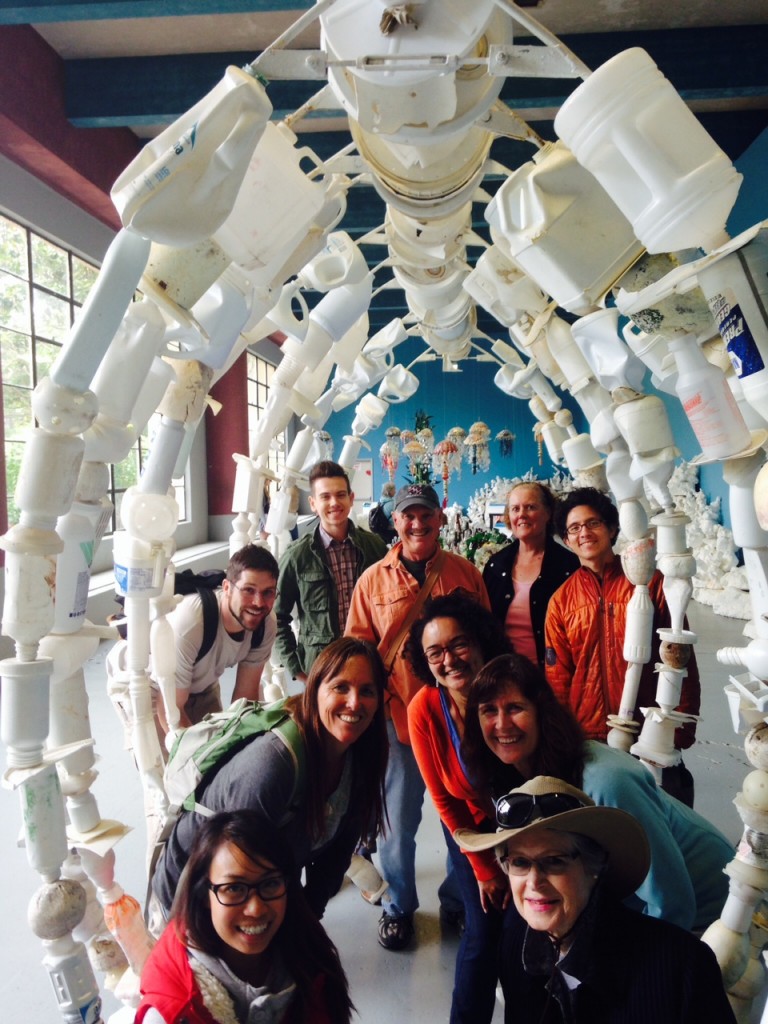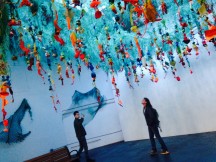
Walk along a beach, almost any beach in the world, and you’ll find evidence of our addiction to convenience: plastic in its many, varied forms litters our shorelines and circles endlessly in the deep sea in one of the five “gyres” driven by ocean currents. Depressing as this may be, people are taking action to stem the tide of this trash and you can, too! One way is to participate in the largest volunteer event on the planet on Saturday, September 20 in the annual Coastal Cleanup, a worldwide effort to spend the morning cleaning trash off our local beaches and waterways and collecting data about the trash for researchers.
“In 2013, over 58,000 volunteers removed almost 750,000 pounds of trash and recyclables from California’s beaches, lakes, and waterways,” notes the California Coastal Commission’s website. In fact, at last year’s cleanup, according to the 2014 Ocean Trash index, 648,015 volunteers around the world (for perspective, San Francisco has over 800,000 residents) cleaned 12,914 miles of shorelines and waterways and made a dent in 2013 by collecting 12,329,332 pounds of global trash, equivalent in weight to 823 male African elephants.
The Top 10 Items included:
#1 cigarette butts: 2,043,470
#3 Plastic beverage bottles: 940,170


